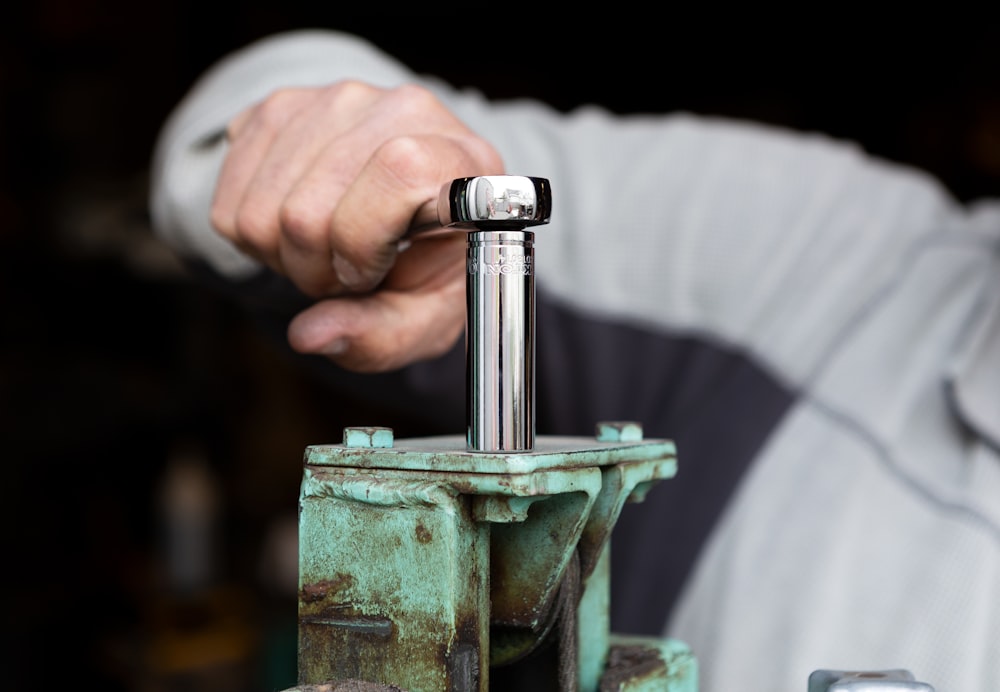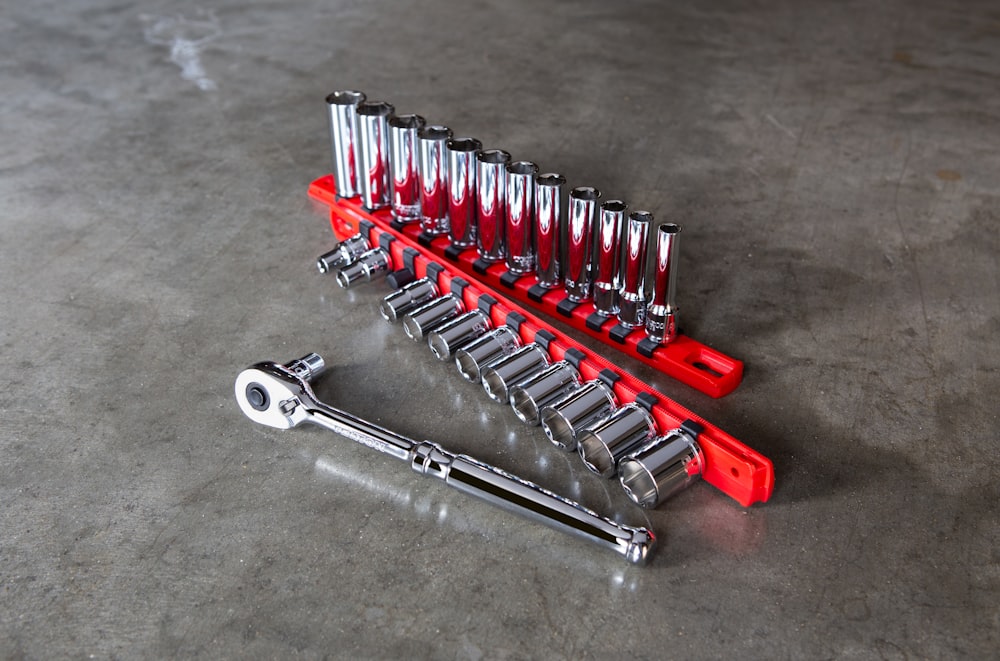Torque Wrenches: A Twisting Matter
Torque Wrenches are a type of driver used to fasten bolts and screws to specific torque settings which are usually specified by the manufacturer and set by the user thereafter. Using these wrenches following the specified manufactured helps to reduce the chance of damaging your nuts, bolts, and threads thereof. This, in turn, also increases the lifespan of your parts. These torque wrenches are either powered by electricity or compressed air.
Torque can be loosely defined as the measurement of the twisting force required to make an object rotate with the pivot point being the axis on which the object rotates upon. Torque is calculated by multiplying the force (on the tool handle) with the distance from the axis (length of the wrench).
Using a torque wrench
Torque wrenches are professionally calibrated to ensure accuracy straight out of the factory. The wrench has a handle that is fitted with an indicator that connects to the calibrated scale. The amount of torque applied can then be adjusted by twisting the handle. Commonly, twisting the handle clockwise would increase the amount of torque, whereas twisting the handle anti-clockwise would decrease the amount of twisting force to be applied. This amount is indicated through a dial or digital scale on the tool.
Types of torque wrenches
Today, we will focus on the two most commonly found types of torque wrenches: the click and the electronic torque wrenches.
 Click Torque Wrench
Click Torque Wrench
These torques wrenches provide the user with an audible “click” sound whenever the desired torques setting has been reached. These wrenches have a spring-loaded lever inside of them which is activated when the wrench handle is twisted to the desired setting. This lever breaks away and clicks as soon as the desired setting is reached.
Electronic Torque Wrench

Unlike the click torque wrenches, these wrenches do not have any moving parts and simply rely on a digital sense which detects the torque applies and indicates this to the user through an electronic display. The ability to store settings on these torque wrenches makes them the ideal fastening tools for the tradesman who would need to repeat many of these fastening operations in different settings.
Choosing your Torque Wrench
- Being that the length of the torque wrenches influences the amount of leverage you have, one would have to reach for longer torque wrenches for heavier-duty applications. A good example of where one would find some of the longer wrenches would be when working with truck fasteners.
- The driver diameter usually sets apart the sizes and prices of these torque wrenches with bigger drive diameter wrenches costing more and also providing the user with far more twisting force. The most common drive diameters found on the market are the entry-level ¼” drive, the mid-to-professional ½” – ¾” drives and the much heavier-duty 1” drives. For the most part, the ¼” and ½” drives will handle your entry-level and tradesmen’s needs. Most machine and automotive fastening can be achieved with the ¼” drive diameter wrench.
Tools4Builders are able to accommodate any request related to an associated product.
Please browse through our online catalog.



Comments
Add comment